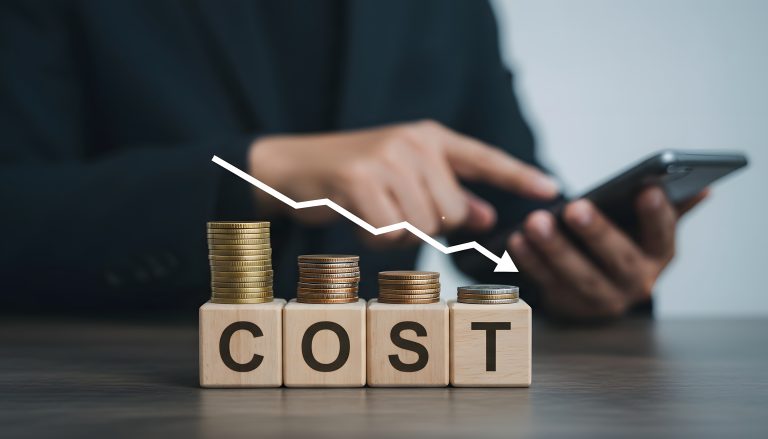In the intricate world of global trade, compliance isn’t just a checkbox—it’s the backbone of sustainable international business. Navigating the labyrinth of customs regulations, export controls, and trade agreements can be daunting. Yet, with the right tools, this complexity transforms into a strategic advantage. Enter Hi-Fella, a platform designed to demystify trade compliance and empower businesses to operate confidently on the global stage.
The Complexity of Global Trade Compliance
Trade compliance encompasses adherence to a myriad of laws and regulations governing international trade. This includes:
- Customs Regulations: Each country has its own set of rules for importing and exporting goods, including tariffs, duties, and documentation requirements.
- Export Controls: Certain goods, technologies, or services may be restricted or require special licenses to export, especially those with potential military applications.
- Sanctions and Embargoes: Engaging in trade with sanctioned countries or entities can lead to severe penalties.
- Trade Agreements: Leveraging agreements like NAFTA or the EU’s trade deals can offer tariff reductions but require strict compliance with rules of origin and documentation.
Non-compliance can result in fines, shipment delays, or even revocation of trading privileges. For instance, violations of U.S. export regulations can lead to substantial penalties and blacklisting from future trade opportunities.
Hi-Fella’s Approach to Simplifying Compliance
Recognizing the challenges businesses face, Hi-Fella integrates compliance support directly into its platform, offering a suite of tools and resources to streamline the process.
1. Centralized Regulatory Information
Hi-Fella provides users with instant access to up-to-date trade laws and compliance documents. This centralized repository ensures that businesses have the necessary information to meet regulatory requirements without navigating multiple government websites or consulting external experts.
2. Automated Compliance Checks
The platform incorporates real-time compliance checks into the trade process. By analyzing transactions against current regulations, Hi-Fella can flag potential issues before they become costly problems, allowing businesses to address concerns proactively.
3. Documentation Support
Accurate documentation is crucial for compliance. Hi-Fella assists users in generating and managing essential trade documents, such as invoices, packing lists, and certificates of origin, ensuring they meet international standards and reduce the risk of errors.
4. Sanctioned Party Screening
To prevent inadvertent dealings with restricted entities, Hi-Fella includes tools to screen potential partners against global sanctioned party lists. This feature helps businesses avoid unintentional violations that could lead to significant penalties.
Benefits of Integrated Compliance Tools
By embedding compliance features into its platform, Hi-Fella offers several advantages:
- Efficiency: Automating compliance tasks reduces the time and resources spent on manual checks and paperwork.
- Accuracy: Minimizing human error in documentation and regulatory interpretation lowers the risk of non-compliance.
- Confidence: Businesses can engage in international trade with greater assurance, knowing they have robust compliance support.
- Scalability: As companies expand into new markets, Hi-Fella’s tools adapt to diverse regulatory environments, facilitating growth.
Real-World Application
Consider a mid-sized electronics exporter aiming to enter multiple international markets. Traditionally, this would involve extensive research into each country’s import regulations, securing necessary licenses, and ensuring all documentation is in order—a process prone to delays and errors.
With Hi-Fella, the exporter can:
- Access comprehensive regulatory information for each target market.
- Utilize automated tools to verify compliance with export controls and sanctions.
- Generate accurate documentation tailored to each country’s requirements.
- Monitor transactions in real-time to identify and address compliance issues promptly.
This integrated approach not only streamlines operations but also positions the exporter as a reliable partner in the global marketplace.
In an era where compliance is both a legal necessity and a competitive differentiator, leveraging platforms like Hi-Fella can transform the complexities of international trade into manageable, strategic processes. By providing centralized information, automation, and real-time monitoring, Hi-Fella empowers businesses to navigate the global trade landscape with confidence and agility.
For companies seeking to expand their international footprint without being bogged down by regulatory hurdles, integrating Hi-Fella into their operations offers a clear path to compliant and efficient global trade.
Join Hi-Fella Today!
Navigating trade compliance can be complex, but with Hi-Fella, it doesn’t have to be. Designed to support export-import businesses at every stage, Hi-Fella simplifies compliance by connecting you with verified partners, providing transparent documentation, and offering tools that align with international trade standards. Say goodbye to costly errors and regulatory confusion — and hello to smoother, safer transactions.
With Hi-Fella, you can focus on growing your business confidently, knowing that compliance is built into every connection you make. Ready to trade smarter and stay compliant with ease? Let Hi-Fella lead the way.








